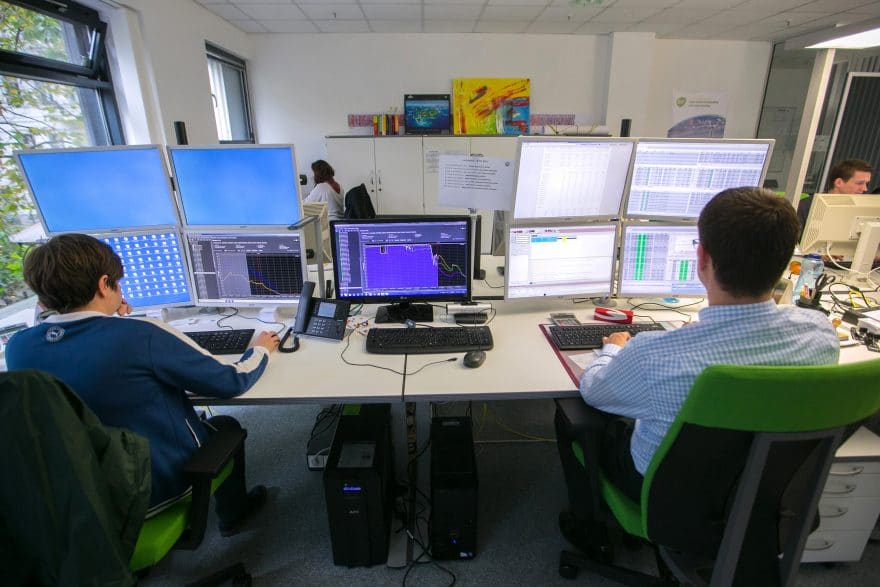Interactive Brokers LLC (NASDAQ:IBKR) has just disclosed its consolidated trading volumes for the month ending January 2018, which started the year on a positive note, helped in part by an uptick in volatility after what had been a traditionally slower period in December.
The first month of the calendar year saw DARTs climb to 903,000, a rise of 29.0 percent month-over-month . Over a year-on-year basis, Interactive Brokers saw a more upbeat performance in its DARTs with January’s figure jumping approximately 40 percent relative to the 646,000 reported back in January 2017.
Looking deeper into Interactive Brokers’ latest monthly report, the group’s equity balance across customer accounts during January 2018 continued to climb higher to $133.9 billion, an increase of 50.0 percent year-on-year from $89.4 billion. In addition, Interactive Brokers bested its December 2017 equivalent, having notched a gain of 7.0 percent from $124.8 billion in the prior month.
Interactive Brokers’ ending client credit balances also came in at $48.1 billion in January 2018, or 2.0 percent higher month-on-month from $47.1 billion in December 2017. Across a yearly interval, the figure moved higher by 13.0 percent when weighed against its counterpart in January 2016.
Business highlights, according to the company’s press release, also showed that a total of 497,000 customer accounts were active at IB during January 2018. The number is rising in consecutive months, this time by 3.0 percent month-on-month when compared to December 2017 (483,000 accounts), and 27.0 percent higher from 391,200 for January 2017.
On average, in January 2018 Interactive Brokers charged clients commission fees of $4.02 per order, including exchange, clearing and regulatory fees, with the key products metrics coming out at $2.59 for stocks, $6.03 for equity options and $5.88 for futures orders.
Last month, Interactive Brokers said knocked about $84 million off its profits for the end of 2017, which were largely related to its tax-deferred assets, which now must be recalibrated to reflect the lower corporate rate.





Be First to Comment